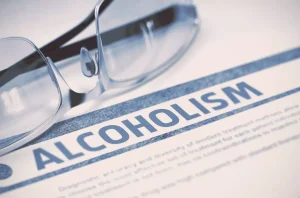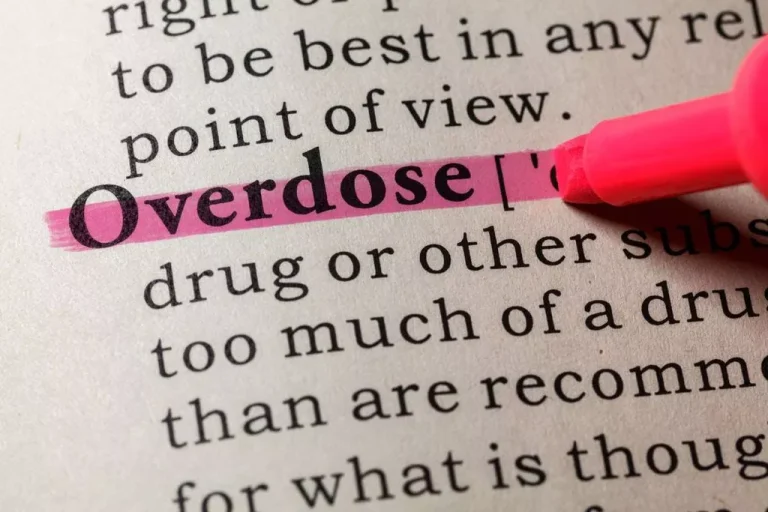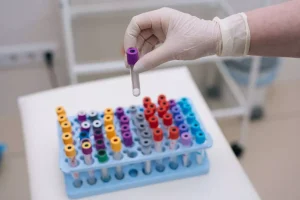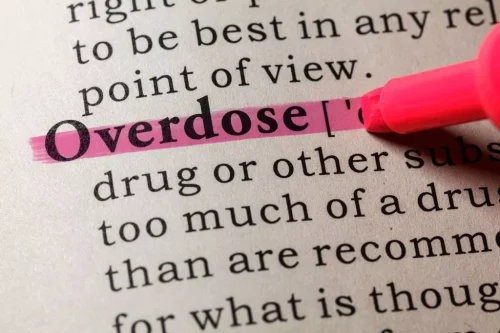Why Does Red Wine Make Me Sneeze?
Why Does Red Wine Make Me Sneeze?

One of the most common signs of alcohol intolerance is reddening of the face, which happens when “people are missing a key enzyme needed to break down alcohol,” Dr. Elliott says. “This results in flushing of the face, and feeling the symptoms of alcohol intoxication with lower amounts of it.” When it comes to drinking, there’s a big difference between feeling tipsy and having symptoms of alcohol intolerance. The former is when you get a little loosey-goosey at the bar; the latter is more like you feel sick after sipping on a glass of wine while relaxing at home. If you experience symptoms of a beer allergy, it is important to see a doctor to determine the specific ingredient causing the reaction. This will help you avoid that ingredient in other products and manage your allergy effectively.

Possible effect of the ingestion of alcohol on allergic rhinitis

Yes, certain ingredients in alcoholic beverages, such as sulfites in wine or hops in beer, can be more likely to induce sneezing in susceptible individuals. If you have a non-allergic intolerance to alcohol, histamine, sulfites, or other components of alcoholic beverages, your doctor might encourage you to limit or avoid certain types of alcohol. alcohol makes me sneeze In some cases, over-the-counter or prescribed medications might help alleviate symptoms.
From ethanol to harmless waste products — how the body metabolizes alcohol
- Some people may be more sensitive to the tannins than others, making them more likely to experience this reaction after drinking a glass of red wine.
- If you develop any signs of a severe reaction, you should receive one or more doses of epinephrine.
- However, you can try avoiding specific alcoholic beverages or reducing your alcohol consumption to see if it makes a difference.
- The body produces antibodies, and when they encounter alcohol, they set off a systemic allergic reaction.
Besides wines, fruits like bananas, kiwi, melons, and grapes can also contain sulfites, though in much smaller amounts. In some cases, symptoms may be the result of an underlying condition that can be managed with proper medical treatment. For example, a person with histamine intolerance can experience adverse reactions when drinking alcohol because their body is unable to process the histamine in certain types of drinks. In this case, avoiding these types of drinks and/or medications that contain histamine can help reduce the symptoms.
What Does it Mean If I Have Nasal Congestion After Drinking Alcohol?
As with histamines, this issue comes down to a depletion of enzymes — in this case, enzymes that are required to metabolize alcohol in the liver. Unfortunately for wine-lovers, there’s a lot of things in wine that can cause negative reactions or intolerances. Alcohol is a central nervous system depressant, which is why people feel sleepy after they’ve had a drink or two, and why drinking a “nightcap” before you go to bed can sound appealing. Applying a cold compress to your nose will help to soothe the mucous membranes in your nose and reduce inflammation. Rinsing your nose with salt water or a saline solution will help to soothe the mucous membranes in your nose and reduce inflammation. People can also have an oral allergy syndrome — a reaction to fresh fruit and vegetables that may be used as a garnish or a mixer in a cocktail, according to Bassett.

Alcohol intolerance is a temporary, but pretty uncomfortable, reaction to alcohol — with nasal congestion and flushed skin being the two most common side effects. It happens if your ALDH2 enzymes (remember those?) aren’t particularly effective at their job, or if your body just doesn’t make enough ALDH2 enzyme in the first place. In either case, the result is less acetaldehyde being broken down into acetate. Alcohol-induced respiratory symptoms are common in patients with aspirin exacerbated respiratory disease. Aldehyde is toxic, and buildup is one of the key reasons people develop symptoms of a hangover.
Treatment
In addition, various ingredients found in alcoholic beverages have the potential to trigger an allergic reaction in some people. If they suspect you have a true allergy to alcohol or another ingredient in alcoholic beverages, they will likely conduct allergy testing. During a skin prick test, your doctor will use a lancet to prick or scratch your skin. They will apply a drop of allergen extract to the pricked or scratched area. Symptoms of an allergy or intolerance to beer may occur because you have a sensitivity to an ingredient in beer.
- This will help reduce the number of histamines in your drink and make it less likely to trigger a sneeze.
- The symptoms are similar to those caused by histamine intolerance and can easily be confused with allergy-like symptoms.
- If you have any severe or painful symptoms after drinking alcohol, don’t just brush it off as alcohol intolerance.
Products & Services
Ask your doctor for more information about your diagnosis and treatment options. Alcoholics Anonymous defines this as “a physical compulsion, coupled with a mental obsession to consume alcohol,”in which cravings for alcohol are always catered to, even at times when… Researchers estimate that 8% of the world’s population has a defective ALDH2 gene.
Don’t Let Your Next Happy Hour Be A Total Bummer: Check For Allergies Beforehand!
When byproducts of alcohol don’t get broken down quickly enough, they accumulate to levels high enough to cause a mild allergic reaction. In some cases, reactions can be triggered by a Sober living house true allergy to a grain such as corn, wheat or rye or to another substance in alcoholic beverages. This is likely because wine contains histamines, which trigger allergies. If you’re allergic to wine, you may notice that you sneeze more after drinking it. Wine allergy symptoms can range from mild to severe, and in extreme cases may even lead to anaphylaxis. If you think you might be allergic to wine, it is important that you seek medical attention right away.